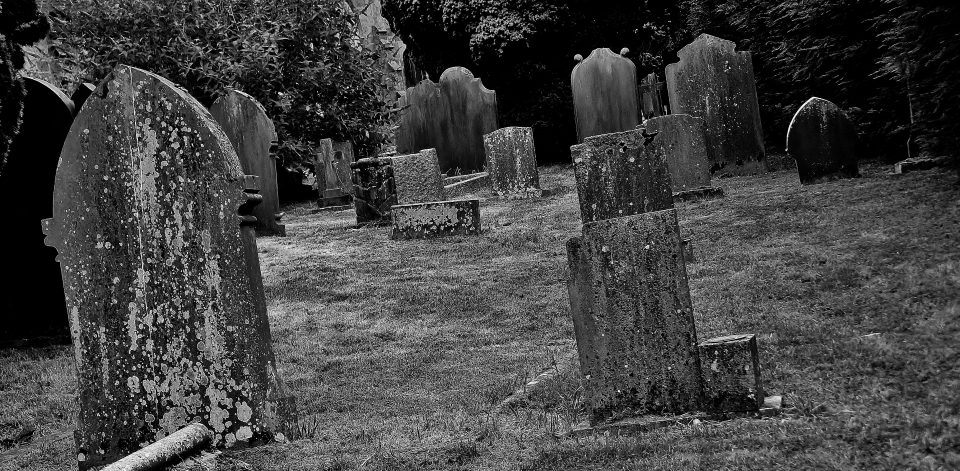
I am working on a digital humanities project that examines what I term “the archival novel,” a genre that structurally instantiates elements of Victorian methods of information management and archiving…
Read More
I am working on a digital humanities project that examines what I term “the archival novel,” a genre that structurally instantiates elements of Victorian methods of information management and archiving…
Read More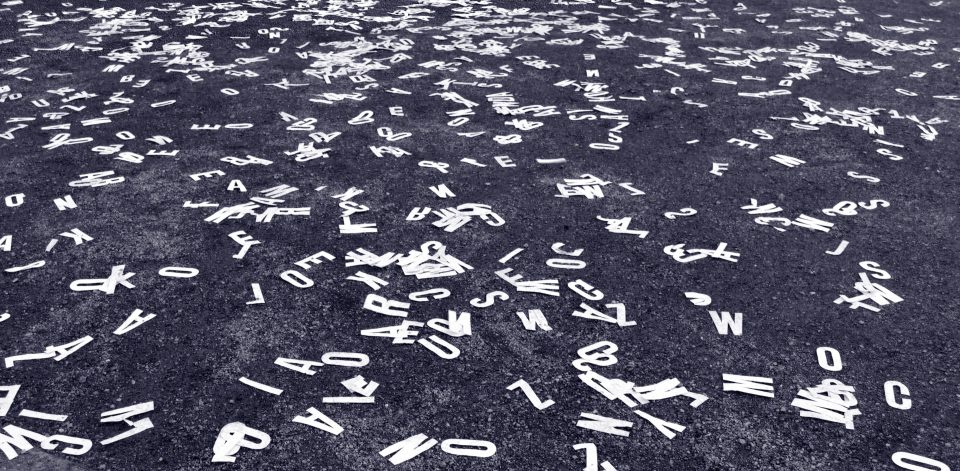
“Hypermaterializing Posthuman Poetics” is a practice-based investigation into the use of meta-data structures for conducting and presenting literary criticism. In order to conduct this investigation, I am building multi-modal models…
Read More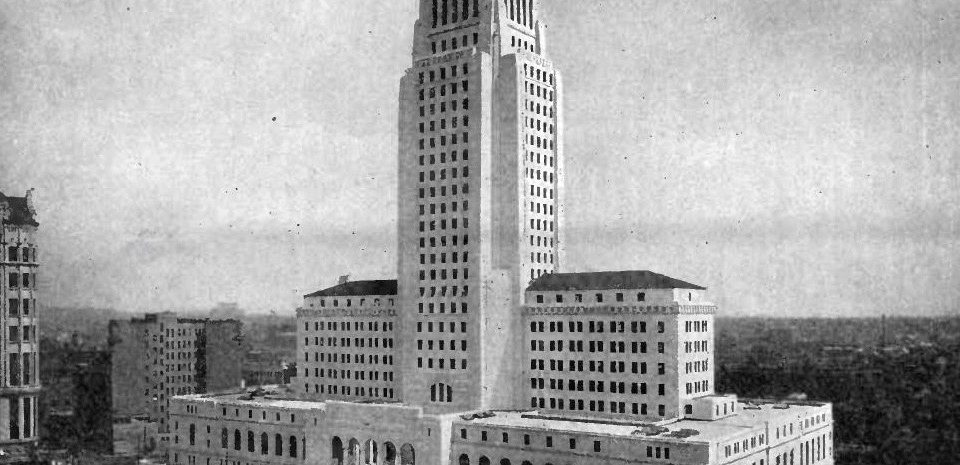
Historical research often draws upon our detective curiosities, tracing archival clues and analyzing (meta)data to make sense of culture and context. In my own PhD work, Playing Detective: Reenactment, Procedure, and Crime-Solving…
Read More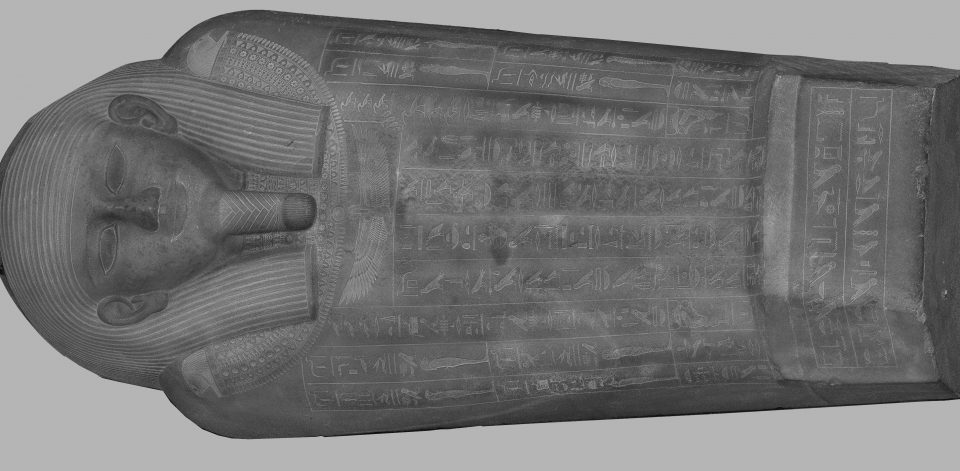
What if you could view an ancient artifact online in 3D, zooming in on and selecting texts on the object to view a translation? You might be able to visualize…
Read More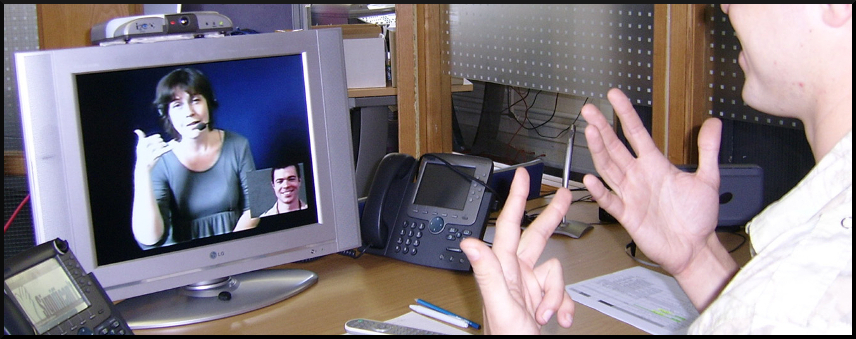
If you were to ask any technical professional working within the digital humanities today about the state of innovation or development present in the field you would probably hear many…
Read More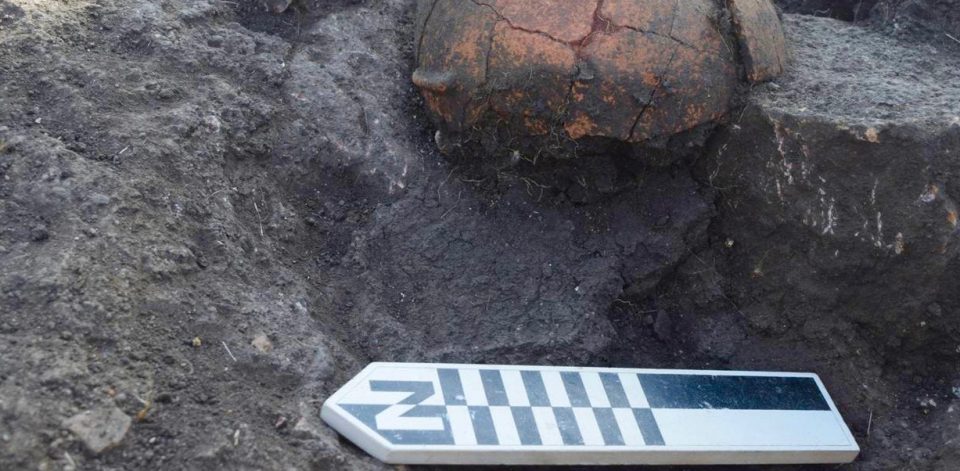
On excavation, every archaeologist deals with metadata on a daily basis. From the trench supervisor to the ceramic specialist while collecting data, we collect data about our data. How well…
Read More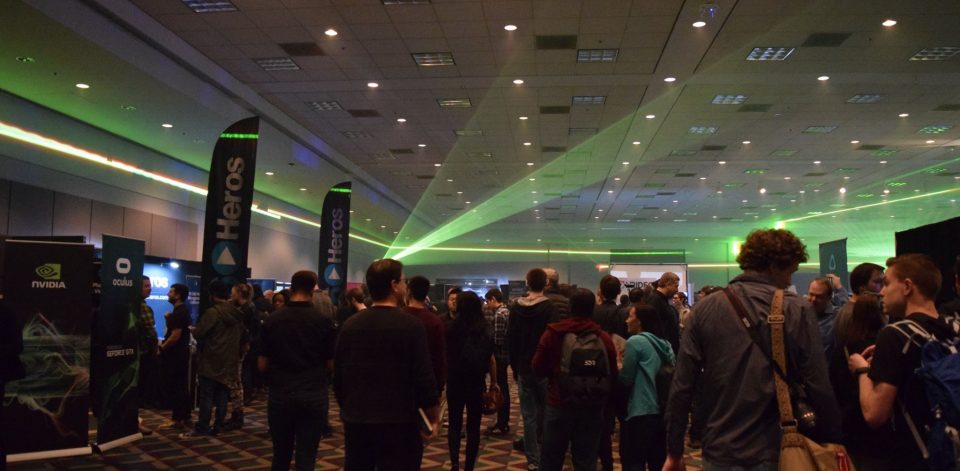
This may stray a bit from your standard academic blog post, but I thought I would share my experiences at the Winter Expo hosted by Virtual Reality Los Angeles last…
Read More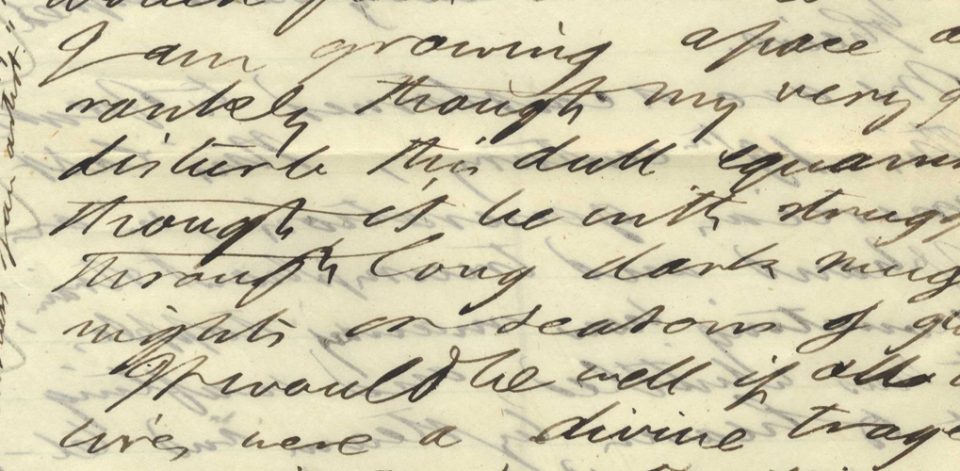
“The Readers’ Thoreau” (http://commons.digitalthoreau.org) offers educators and their students a new way to study the works of the nineteenth-century American writer, Henry David Thoreau, in the form of a collaborative…
Read More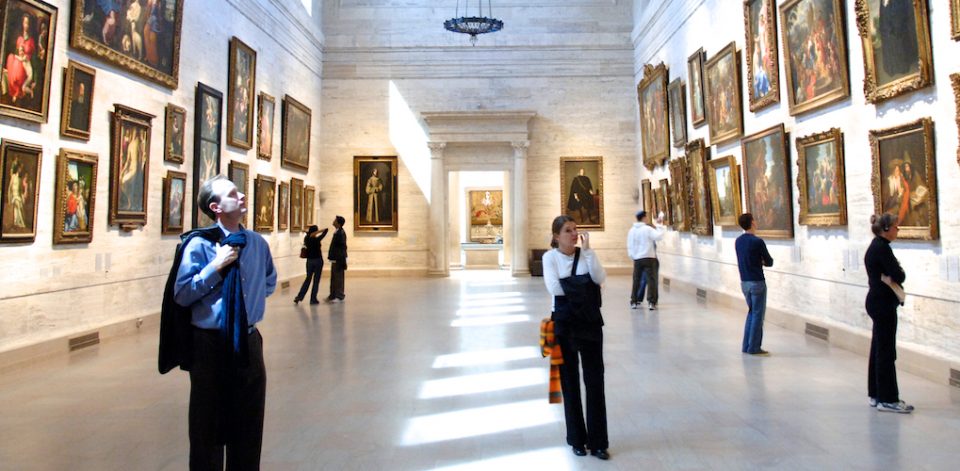
A few months ago I wrote an article on haptic computing and tactile interfacing, and it got me thinking of the ways people interact with objects. As an archaeologist, I’m confronted…
Read More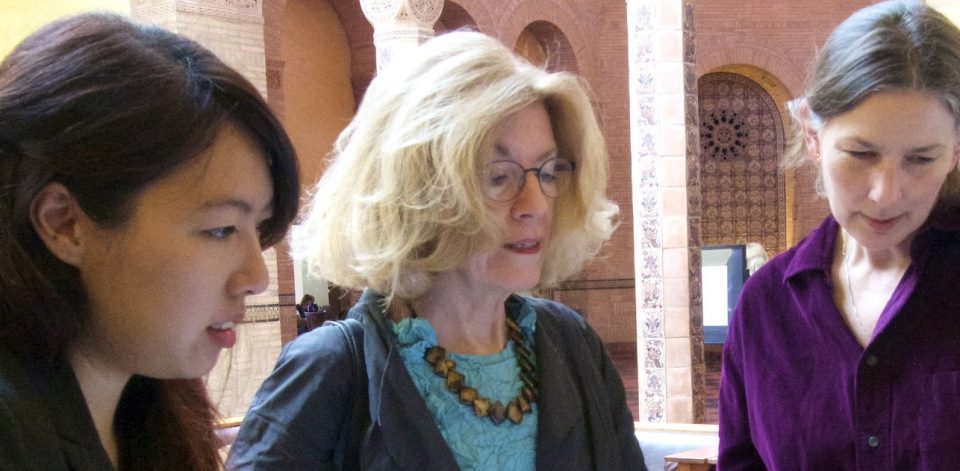
By Haley Di Pressi, Stephanie Gorman, Miriam Posner, Raphael Sasayama, and Tori Schmitt, with contributions from Roderic Crooks, Megan Driscoll, Amy Earhart, Spencer Keralis, Tiffany Naiman, and Todd Presner UCLA’s…
Read More